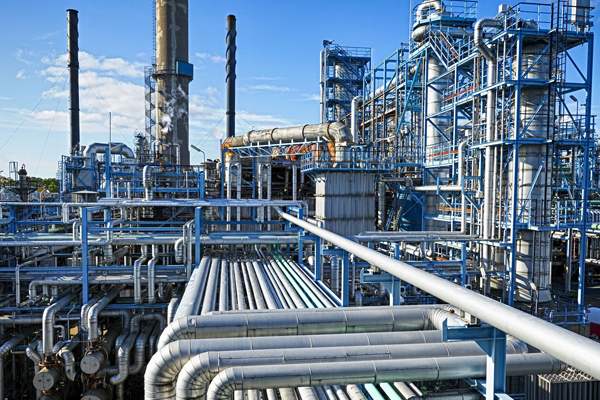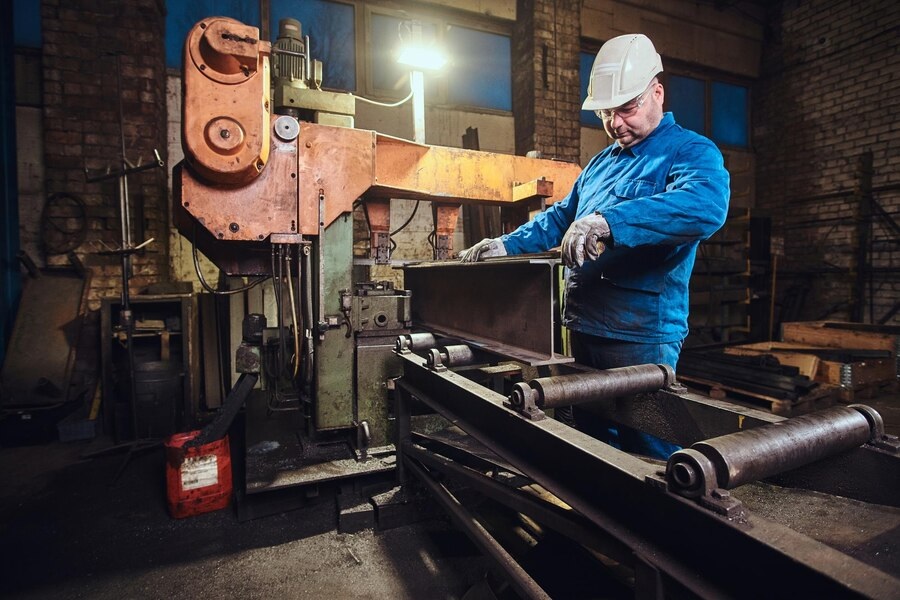Industrial manufacturing is a complex and dynamic field. Efficiency, precision, and innovation drive success. As industries evolve, several key factors must be considered to optimize manufacturing processes. This article explores essential aspects of steel fabrication and broader manufacturing practices.
Understanding Steel Fabrication
Professional steel fabrication is a crucial component in many industrial manufacturing processes. It involves cutting, shaping, and assembling steel structures. This process is fundamental in constructing everything from bridges to skyscrapers.
Precision is paramount in steel fabrication. The steel must be cut and shaped accurately to meet specific requirements. Modern technology has revolutionized this field. Computer Numerical Control (CNC) machines and laser cutting tools have enhanced accuracy and efficiency. These advancements reduce waste and improve the overall quality of the final product.
Material Selection and Quality
The choice of materials significantly impacts manufacturing outcomes. Steel is favored for its strength and versatility. However, not all steel is created equal. The type of steel used can affect durability and performance.
High-quality steel ensures longevity and reliability in manufactured products. Various grades of steel are available, each suited to different applications. For instance, stainless steel is preferred for its resistance to corrosion, making it ideal for outdoor structures and equipment exposed to harsh conditions.
Technological Integration
Integrating technology into manufacturing processes can lead to substantial improvements. Automation is a key trend in modern manufacturing. Automated systems streamline operations and reduce human error.
Robotics play a significant role in steel fabrication. They handle repetitive tasks with precision, freeing up skilled workers for more complex roles. Additionally, advancements in software and data analytics help monitor and optimize manufacturing performance. Real-time data allows for quick adjustments, minimizing downtime and maximizing efficiency.
Safety and Compliance

Safety is a fundamental consideration in industrial manufacturing. Steel fabrication involves heavy machinery and potentially hazardous processes. Adhering to safety regulations and standards is crucial for protecting workers and ensuring smooth operations.
Compliance with industry standards helps prevent accidents and ensures the quality of manufactured products. Regular safety audits and training programs are essential. They keep workers informed about best practices and emerging safety protocols.
Environmental Considerations
Environmental sustainability is becoming increasingly important in manufacturing. Steel production is energy-intensive, and managing its environmental impact is vital. Efforts to reduce carbon emissions and waste are critical.
Recycling steel is a key strategy in minimizing environmental impact. Steel is highly recyclable, and using recycled steel can significantly reduce the energy required for production. Implementing sustainable practices not only benefits the environment but also aligns with global trends toward greener manufacturing.
Continuous Improvement and Innovation
In industrial manufacturing, continuous improvement is essential. Processes and technologies are constantly evolving. Staying ahead requires an ongoing commitment to innovation and adaptation.
Regularly reviewing and refining manufacturing processes helps maintain competitiveness. Implementing new technologies and methods can lead to enhanced productivity and quality. Investing in research and development is crucial for staying at the forefront of industry advancements.
Conclusion
Key considerations for industrial manufacturing processes encompass a range of factors, from steel fabrication to technological integration. Understanding material quality, embracing automation, ensuring safety, and focusing on sustainability are vital for success in this dynamic field.
Steel fabrication remains a cornerstone of many industries, and its evolution reflects broader trends in manufacturing. By prioritizing these considerations, companies can achieve greater efficiency, innovation, and reliability in their manufacturing processes.




